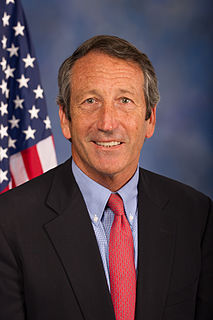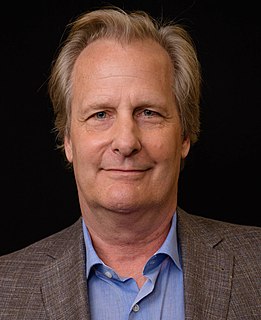A Quote by George Pelecanos
I had met many wounded veterans at Walter Reed Army Medical Center when I was researching my 2009 novel 'The Turnaround,' and I continue to be very interested in how returning servicemen and women deal with their new lives back home and how they're treated by America.
Related Quotes
We've always had the blame-America crowd. We've always had the hate-America crowd. But we've now had at least two generations of education where this has been indoctrinated into the young skulls full of mush of young people. They've heard how horrible America was back in the days of slavery. They've heard how horrible America treated women. They've heard how horrible every minority group was treated. They've heard how mean-spirited the founders were. They've heard all kinds of literal lies.
For me, the experience of not living in America was recognizing that I was American. You don't think about yourself being so culturally encoded, so nationally stamped; you don't discover that when you're a tourist for a month. You see how you reflect the place you're from. When I came back from living in Europe, I was very struck by how I didn't see America as the center of the world in the same way. It's very easy to slip back because America is so powerful. But any place you live is the center of the world.
While many employers do the right thing and provide flexible schedules for disabled veterans, I felt that it was important to provide all disabled veterans with a solution that would help them have access to medical leave. Here's how our bill works: we accelerate the eligibility process for disabled veterans.
I was assigned to a medical unit and was part of a group receiving men returning from theater headed to hospital care, many forever maimed with life-altering wounds. It made a strong impression because wounded men and body bags come back to home districts, not Washington, D.C., and accordingly, there is no more sacred vote than those surrounding war where life hangs in the balance.
I was really interested in how marriages work, how you can, you know, be in love with somebody and spend many years with your lives intertwined, but in the end another soul can be fundamentally unknowable. And I think that the stress of war, when one party goes away and the other has to deal at home, is a really testing time in a lot of marriages.
Pregnancy takes a huge physical toll on your body. I have many friends who have had babies and many of them require medical help and attention, emergency Cesarean sections and forceps. If you think that people just have a kid and it's no big deal, that's not true. It's one of the most dangerous things for a woman to do. If you take away access to accessible medical women in America, you're going to bump up the death rate.
[Veterans] have been treated very badly.That includes - veterans' choice so veterans can either attend a public V.A. facility or if they have to wait online like they've been doing, sometimes for as much as seven days and then still not get proper care, they'll go to a private medical center or they'll go to a private or public or something, they will go outside .they'll go to a private doctor, they'll go to a private hospital, they'll go to a public hospital. We're going to get them care and we're going to pay for their - that care.
I had the privilege and the honor of chairing the Senate Committee on Veterans' Affairs. And it is interesting to me, you know, Republicans give a lot of speeches about how much they love veterans. I work with the American Legion, the VFW, the DAV, the Vietnam Vets, and virtually every veterans organization to put together the most comprehensive piece of the veterans legislation in the modern history of America. That's what I did.


































